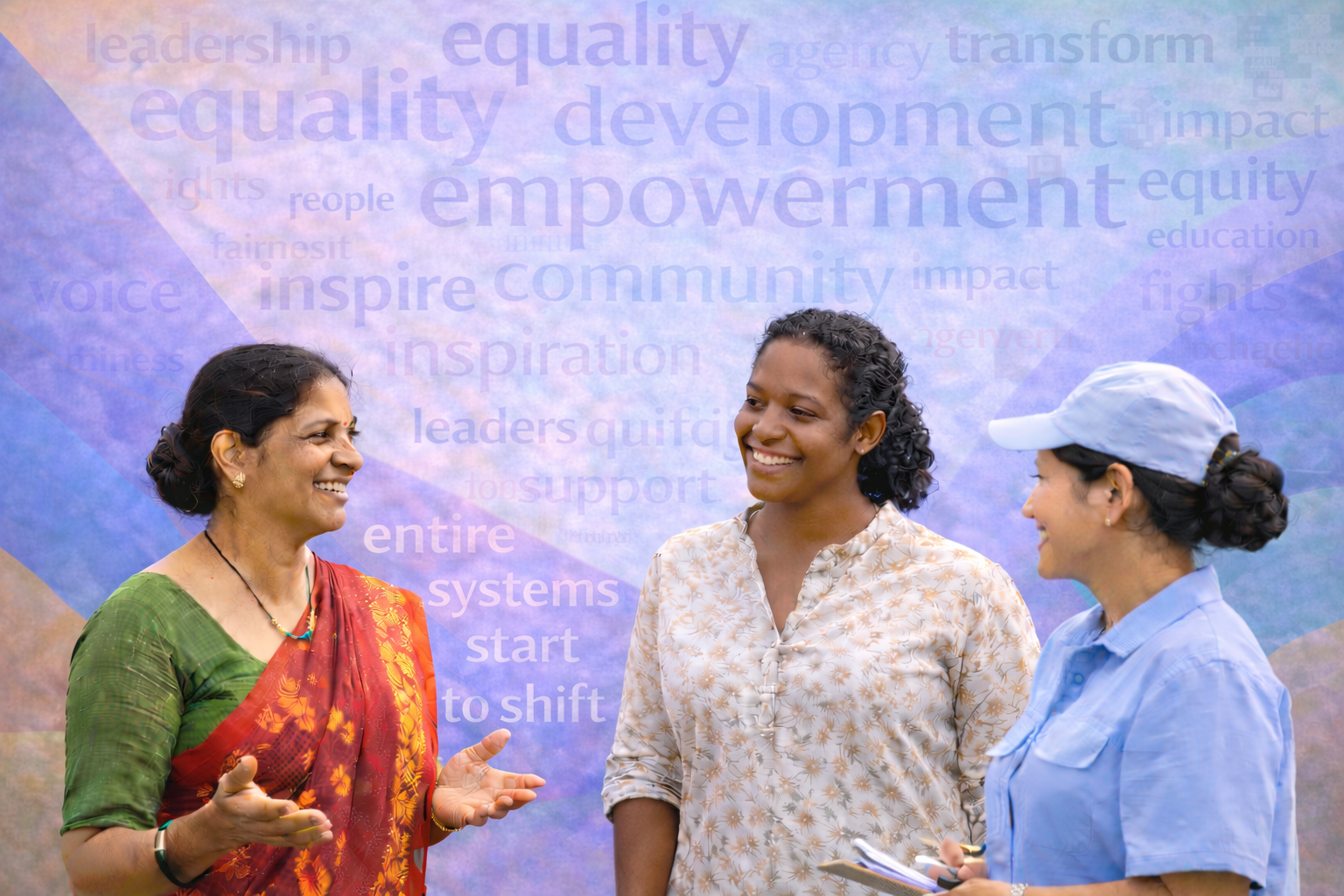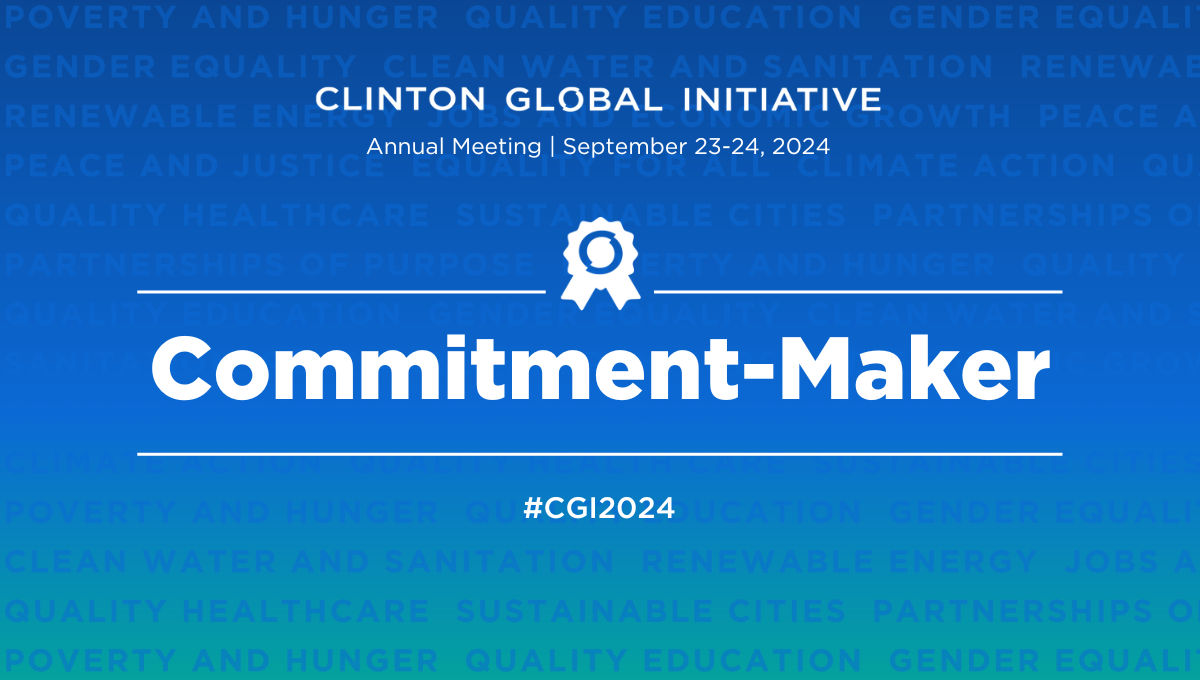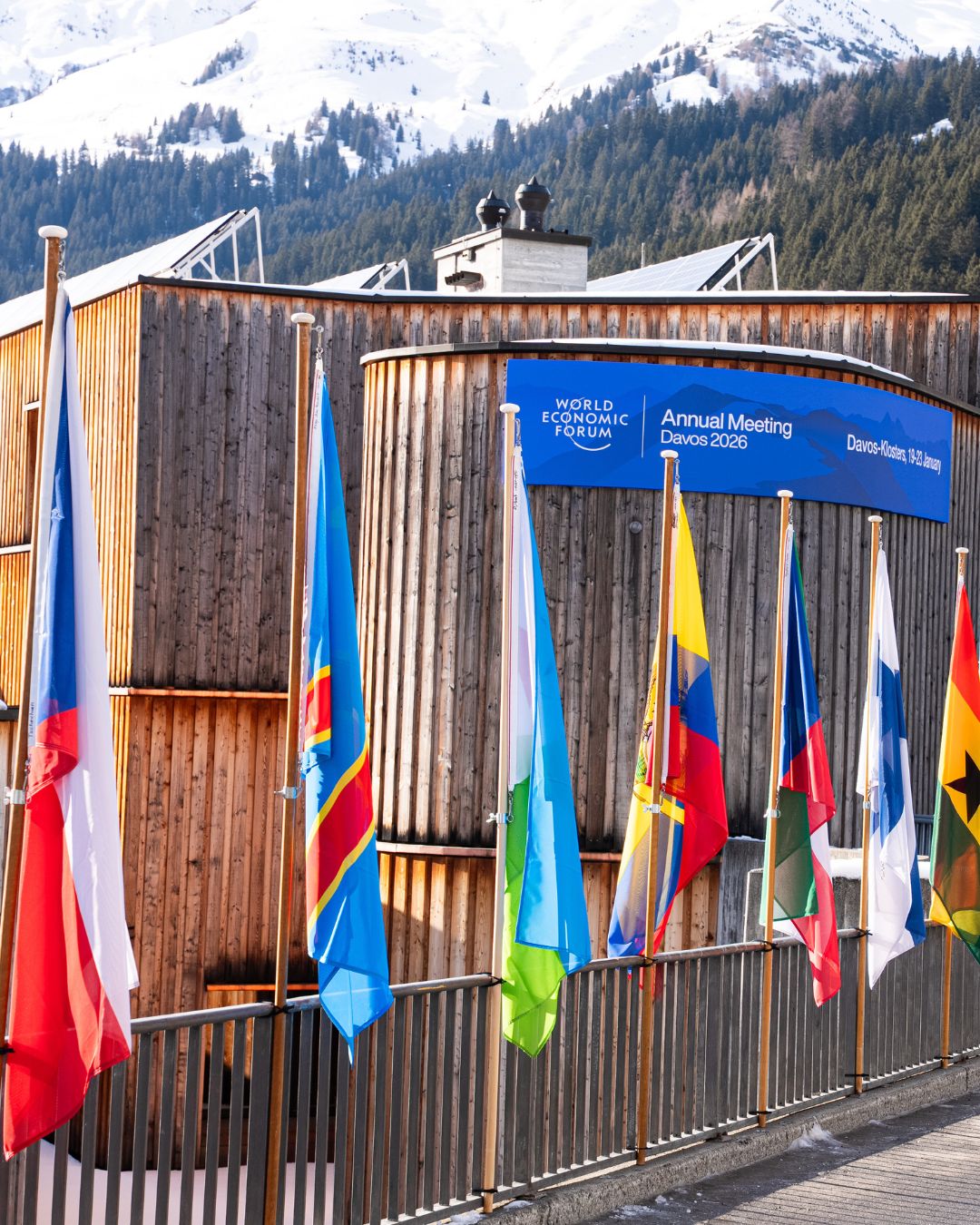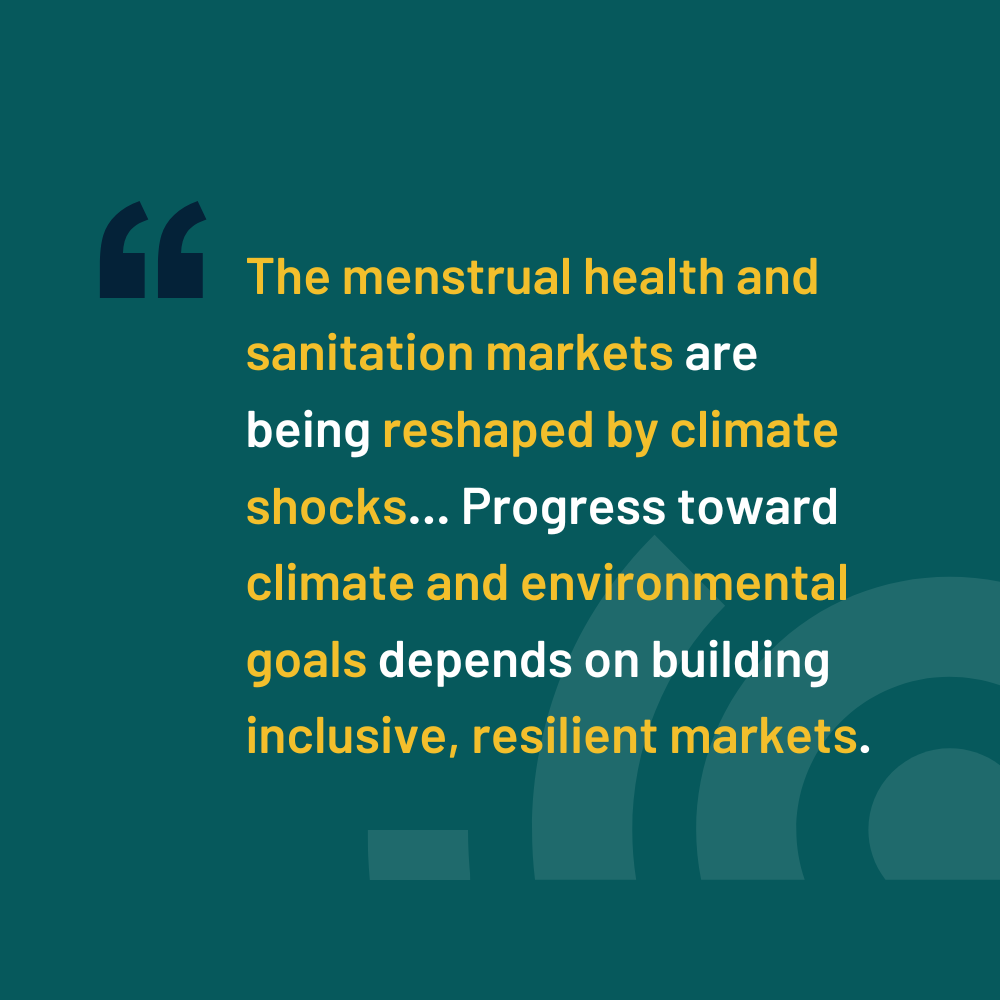
Setting standards for a thriving menstrual health market: SHF launches initiative for safe, quality and affordable menstrual products for all at Clinton Global Initiative 2024 Annual Meeting

Global UN fund announces Commitment to Action to drive development of inclusive global quality standards for menstrual products. The absence of such standards is an invisible barrier for market growth, trade and most importantly, menstrual health and hygiene (MHH) access for millions of women and girls across Low- and Middle-Income Countries (LMICs).
NEW YORK, 23 September 2024 - On the sidelines of the United Nations General Assembly and the Summit of the Future taking place in New York this week, the UN’s Sanitation and Hygiene Fund (SHF) is launching a commitment to highlight the pivotal and pervasive issue of menstrual health and hygiene (MHH) with the Clinton Global Initiative. Through the first Commitment to Action of its kind, SHF and its MHH-focused initiative Capital M, aims to tackle the absence of global quality standards for menstrual products as a fundamental barrier to MHH access for women and girls in LMICs. The resulting period poverty has direct impacts on their lives and agency as well as well-being and opportunities.
Today, more than 600 million women and girls in Low- and Middle-Income Countries (LMICs) - a staggering one in three - rely on toilet paper, rags and other non-purpose-made materials to manage their menstruation, impacting their health, education, socio-economic participation and ultimately their future. While single use products and innovations exist, these are either not available or prohibitively expensive with an important barrier to retail and trade being the lack of global product standards.
“Standards, or the lack of them, can have far-reaching consequences. From guiding manufacturing to being prerequisites for imports and retail and an important quality and safety marker, standards play a major role in any market. And yet, global standards have been elusive for menstrual products used by almost 2 billion worldwide every month, till now” said Sue Coates, Deputy Executive Director, SHF and the Lead of Capital M. “With the International Organization for Standardization (ISO) currently developing global menstrual product standards, we have a make or break opportunity to tackle this fundamental barrier to access while ensuring the new standards reflect the needs and realities of LMICs, their markets and the millions of users living there.”
The ISO Technical Committee (TC) 338, led by the Swedish Institute of Standards (SiS), is presently working to develop global menstrual product standards in four categories: single- and multi-use products worn externally or internally, covering everything from pads and tampons to period-underwear and menstrual cups by mid-2027. The resulting standards will become the global framework but impact in country is reliant on national adoption. Currently, less than 15% of LMICs are represented in the technical committee, while their needs are the greatest.
Through the Commitment to Action, SHF aims to mobilize resources to assist the development of inclusive menstrual product standards that prioritize the dignity and safety of consumers so that women and girls can access quality, affordable products of choice. SHF, through Capital M and its partners,will work with 15 countries across Africa and Asia, to facilitate their participation in the development of global ISO standards and subsequent national adoption by 2027.
Partner organizations can join the commitment to boost efforts, including on awareness building among various actors at the national level and ensuring that local perspectives feed into the global standards process. Advocacy efforts will also extend beyond the countries targeted by this proposal with a view to securing the participation of other LMICs, and enable the creation of thriving national and regional menstrual health markets.
“While the development of global quality standards for menstrual products may appear to be a dry, technical process, it will have direct impacts on the product choices available to women and girls in the markets where they live and their safety, quality and affordability. By ensuring greater representation of LMICs in the global process, we are aiming to level the playing field, for countries to participate fully in the process and adopt the standards nationally, for markets and businesses to grow and scale, and most importantly, for women and girls and the choices they make,” added Coates.
The development and adoption of global quality standards for menstrual products is essential to ensure women and girls everywhere have access to a quality menstrual product of choice that they can afford. This is a vital component of SHF and Capital M’s ongoing work to shape a thriving menstrual health market for all.
—ends—
For further information and interview requests, please contact:
Rucha Naware, Communications Specialist, The Sanitation and Hygiene Fund (SHF): rucha.naware@shfund.org
About the Sanitation and Hygiene Fund (SHF):
The UN’s Sanitation and Hygiene Fund (SHF) works to achieve universal access to sanitation, hygiene and menstrual health through market-based approaches. SHF works with Low- and Middle-Income Countries (LMICs) to catalyze investment into robust, climate-resilient sanitation economies and the menstrual health and hygiene (MHH) market. Capital M is SHF’s market-led moonshot for menstrual health. Find out more on www.shfund.org and www.capital-m.org.
About the Clinton Global Initiative (CGI):
Founded by President Bill Clinton in 2005, the Clinton Global Initiative is a community of doers representing a broad cross section of society and dedicated to the idea that we can accomplish more together than we can apart. Through CGI’s unique model, more than 10,000 organizations have launched more than 4,000 Commitments to Action — new, specific, and measurable projects and programs – that are making a difference in the lives of more than 500 million people in 180 countries.



